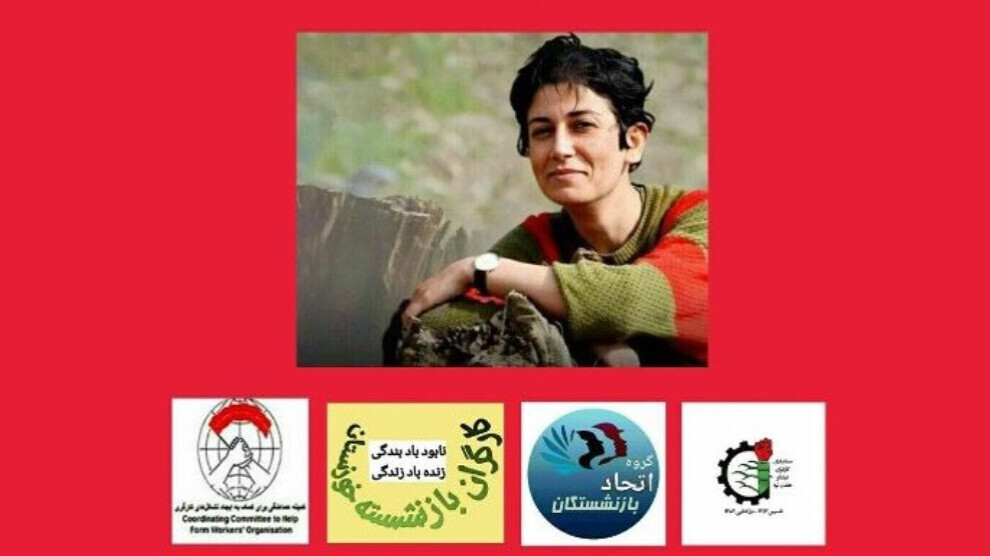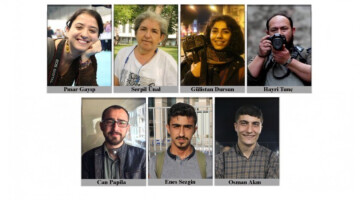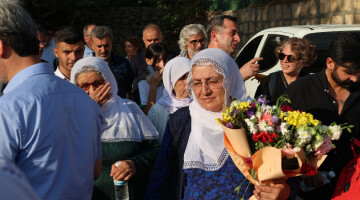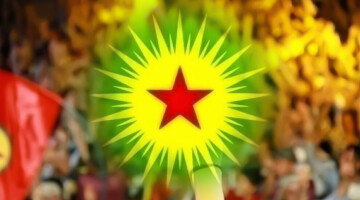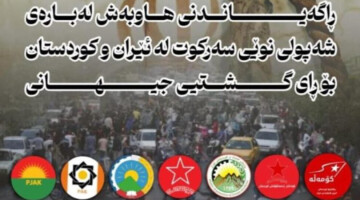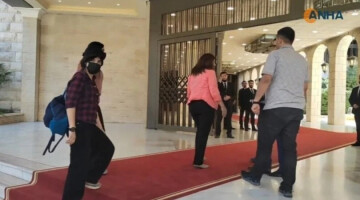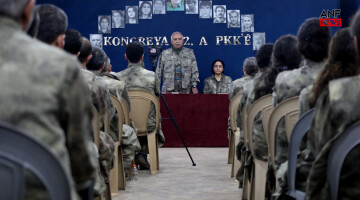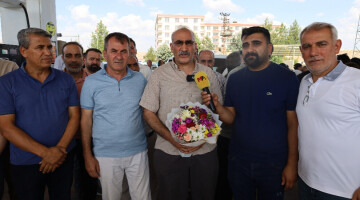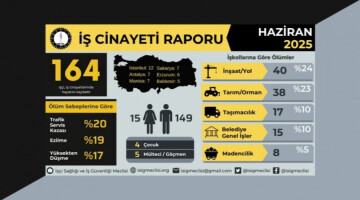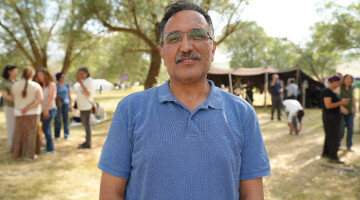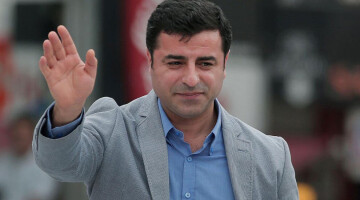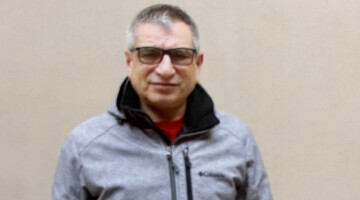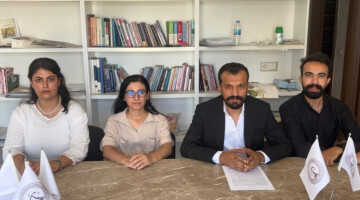Women's organisations in Iran and Eastern Kurdistan and Nobel Peace Prize-winning Iranian human rights activist Shirin Ebadi called for action for Kurdish activist Pakshan Azizi, who was sentenced to death by the Iranian judiciary.
2003 Nobel Peace Prize winner and Iranian human rights activist Shirin Ebadi said on her Telegram account, “The regime is using the law as a tool of fear and repression to silence activists and freedom defenders.”
Ebadi pointed out that: “The upholding of the death sentence against Pakshan Azizi shows that the regime is resorting to death sentences to suppress the growing protests and resistance across the country.”
The Nobel Prize-winning activist called for unity against the death sentence against Pakshan Azizi and other political prisoners.
In a joint statement, Heft Tepe Neysheri Workers’ Union, Pensioners’ Union Group, Workers' Support and Organising Committee and Khuzestan Retired Workers also denounced the death sentence against the Kurdish journalist.
Remarking that Iran sought to intimidate the Kurdish people by executing Pakshan Azizi, the statement said: “After the ‘Jin, Jiyan, Azadi’ (Woman, Life, Freedom) revolution, the regime's attacks on women and activists have increased. The reason for these attacks is that Kurdish women stand up against oppression and injustice.”
The statement called for the protection of the rights of political prisoners and a stronger voice against the death sentences against Pakshan Azizi and other political prisoners.
Background
Pakhshan Azizi is a social worker and also worked as a journalist. In August last year, she was arrested in Tehran by agents of the Ministry of Intelligence and was severely tortured both physically and psychologically for weeks. She is currently held in the notorious Evin prison. On 23 July, a court in Iran's capital sentenced Azizi to death by hanging for "armed rebellion against the system." Her file was then sent to the Supreme Court.
She was accused, without evidence, of being a member of the Party for a Free Life in Kurdistan (PJAK). She herself denies the accusation as baseless and speaks of a political verdict. Trials in Iran are systematically unfair because prisoners are denied the right to due process, including access to legal counsel, and "confessions" extracted through torture are usually used as evidence for their conviction.
Pakshan Azizi studied social work at Allameh Tabatabai University in Tehran, where she was first arrested in November 2009. She was accused of taking part in students’ protests against the execution of Kurdish political prisoners. She was released on bail in March 2010.
Additionally, Azizi faces a new charge of "rioting in prison" in a case being handled by Branch 3 of the Evin Prosecutor’s Office, allegedly related to the second round of the 2024 presidential election.
She had also been arrested previously, on November 16, 2009, and was released on bail after four months.
In early August 2024, Aziz Azizi (Pakhshan’s father), Parshang Azizi (her sister), and Hossein Abbasi (her brother-in-law) were convicted in a joint case with Pakhshan Azizi. Each was sentenced by Branch 26 of the Tehran Revolutionary Court to one year in prison for the charge of "assisting a criminal to evade trial and conviction." On September 26, the Court of Appeals confirmed these rulings.
Aziz Azizi, Parshang Azizi, and Hossein Abbasi were arrested at the same time as Pakhshan Azizi and later released on bail.
On 26 September, Pakhshan Azizi was taken from Evîn Prison to a hospital after her health problems worsened and doctors advised that she should be treated in hospital.
On 23 September, a post on Pakhshan Azizi’s digital media account stated that the journalist's request for treatment had been rejected. The post said: "Pakhshan Azizi suffers from headaches and her family is ready to pay for her treatment, but she is still not allowed to see a doctor."
The Kurdish activist is imprisoned under dire conditions, denied legal representation, medical care and regular family visits.
The death sentence for Pakshan Azizi has sparked widespread protests inside and outside Iran. Numerous human rights organizations, including Amnesty International and Human Rights Watch, have condemned the ruling and called for its immediate reversal.
Her fellow inmates in Evin Prison have staged several sit-ins and hunger strikes to show solidarity and protest the sentence.

